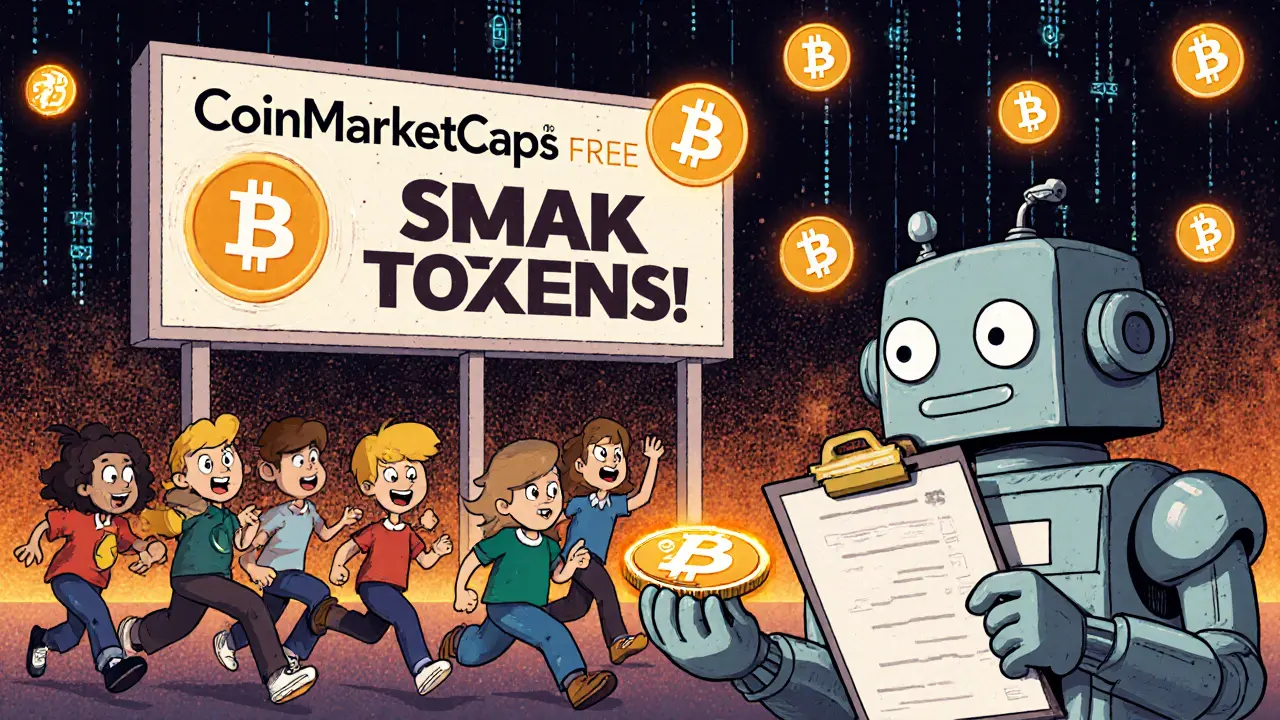Smartlink Escrow: What It Is and Why It Matters in Crypto Transactions
When you trade crypto without a trusted middleman, Smartlink escrow, a blockchain-based system that holds funds until both parties fulfill agreed terms. It's not just a tech buzzword—it's what keeps peer-to-peer trades from turning into scams. Unlike traditional escrow services that rely on banks or lawyers, Smartlink escrow runs on code. Once you and the other party agree on the rules—like delivering a token after payment—the contract locks the funds and only releases them when the conditions are met. No one can cheat, no one can freeze the money, and no one needs to trust each other.
This isn’t just theory. Real users on platforms like smart contract escrow, self-executing agreements stored on blockchains like Ethereum or Solana are using it to buy NFTs, trade rare tokens, or pay for services without risking their crypto. If you’ve ever worried about getting rug-pulled on a P2P trade, this is the fix. The contract doesn’t care if you’re in Nigeria or Norway—it just follows the rules. And because it’s built on open blockchain networks, anyone can verify the code. No hidden clauses. No surprise fees.
Smartlink escrow also ties into broader shifts in how crypto moves. You’ll see it linked to blockchain escrow, the broader category of trustless payment systems enabled by decentralized ledgers, which are replacing centralized intermediaries in everything from freelance gigs to cross-border commerce. Think of it like PayPal, but without PayPal. No account needed. No identity verification. Just a wallet, a contract, and a clear set of conditions.
That’s why you’ll find Smartlink escrow popping up in posts about airdrops, exchange failures, and crypto scams. When a project like MoonEdge or CoinWind offers tokens, escrow systems help verify if the distribution is fair. When a platform like DuckSwap vanishes without a trace, escrow could’ve protected users’ funds. And when traders in Turkey or India bypass banking bans, they often rely on escrow to trade safely over P2P networks.
You won’t find Smartlink escrow in every crypto tool—but when you do, it’s usually the difference between a risky gamble and a secure trade. The posts below show real cases: who used it, who avoided it, and what happened when the code didn’t work as expected. Whether you’re trading tokens, buying NFTs, or just trying not to get scammed, understanding how escrow works on-chain isn’t optional anymore. It’s your safety net.

